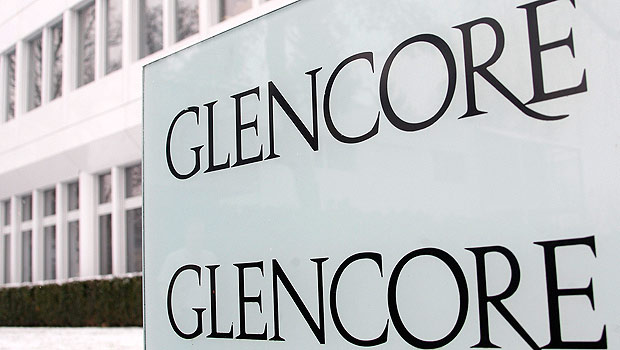The National Transitional Council (NTC) has gained broad international recognition as Libya’s legitimate government and oil trading firms are vying for contracts to gain a foothold in the OPEC member country, which holds Africa’s largest oil reserves.
The NTC badly needs fuels to help relieve strain on Libya’s infrastructure and prove it can restore order and basic services in a country reeling after six months of fighting.
“They are supplying products. The deal was for two shipments of gasoline and two shipments of gasoil,” said an industry source in Libya familiar with the transaction.
Glencore declined to comment.
The size of the cargoes was not disclosed but four standard-size products tankers are worth around $125 million at current European spot prices.
The contract terms give an option for Glencore to be paid with crude oil equal to the cost of the fuel supplies or with cash, the source said, giving the NTC time to either restart oil production or pay with unfrozen funds once controlled by former leader Muammar Qaddafi.
It was not clear when delivery would begin but a second industry source said the contract was conditional on the lifting of UN sanctions on Libya, which still apply to the country’s National Oil Corporation.
Some fuel imports to Libya in the past two months have been arranged via Benghazi-based Arabian Gulf Oil Company, since it has a sanctions exemption.
Vitol, along with Qatar, was a top supplier for the rebels in east Libya during the first few months of the revolt and, while it is still sending fuel, the NTC has diversified its business partners.
Over the past week, Russia’s Gunvor and France’s Total have supplied their first tankers to Libya since the conflict between rebels and forces loyal to Qaddafi began in February.
Even during peacetime, the North African oil producer relied on imports of fuels such as gasoline because of insufficient refining capacity. Import requirements have surged since the conflict began in February due to refinery outages and a sharp drop in output of natural gas, used to make electricity.
Long lines have appeared at petrol stations across eastern parts of Libya over the last week, occasionally resulting in friction between residents in the heavily-armed country.
Blackouts are common in Libya and streetlamps in parts of the eastern city of Benghazi went out for over an hour on Sunday night.
A spokesman for the NTC said that some of the $15 billion which international powers agreed to unfreeze at a conference in Paris last week would be spent on paying for fuel imports.
“The immediate needs are payment of past salaries, medical assistance and resolving some of the fuel shortages — both gasoline and fuel for electrical power,” Shamsiddin Abdulmolah said.










